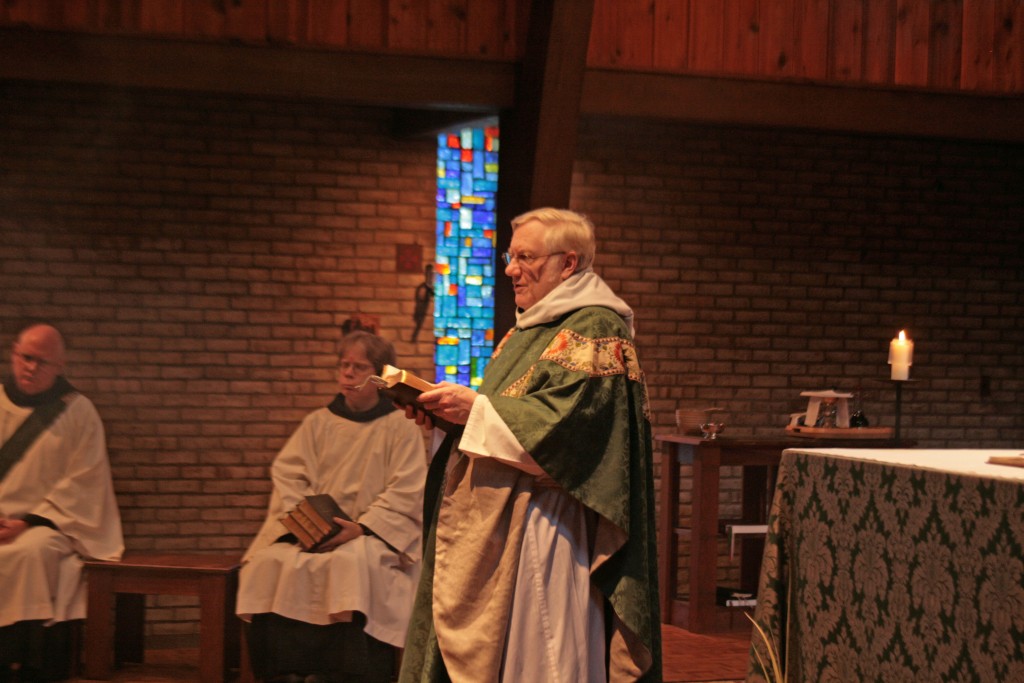Epiphany II Year C
Isaiah 62:1-5
I Corinthians 12:1-11
John 2:1-11
January 16, 2022 Abbey Church Abraham
We are all important. We are all created by God. We are all made in God’s image. We do not need to do anything to become important; we already are. We are all so important, God gives each of us important things to do. That makes all of us more important. We do not need to be successful in the tasks that God gives us. In fact, we really have no idea of how to be successful in those tasks – only God knows, and God simply wants us to do the tasks. God simply wants us to be ourselves.
Our second reading from Paul to the Christians in Corinth gives a list of tasks that some people have been given. Our task might not be on that list, but that does not make it any less important than the tasks that are on that list. The Gospel story tells of people doing tasks: Mary telling Jesus what people need, Jesus telling people how to meet that need, people doing what Jesus told them to do, and Mary telling them to do whatever Jesus tells them. The outcome of the tasks were not dependent on the people doing them – God changed the water into wine, the people simply had to fill the tanks.
Sometimes we do not know what our tasks are. That is ok, we will find them eventually. Many times, we are doing them and do not even know it – we just need to make sure we are not doing things that hinder our Godgiven tasks. Such hindrances would be things like hate, greed, and self-righteousness.
So, even when we are not sure what our tasks are, we still need to remember that we are important, simply because God made us. God loves us, like Isaiah describes in our first reading. God is giddy about us, like a couple getting married are giddy about each other. In fact, even when we are not doing the tasks we know we should do, and even when we are actively and intentionally doing those things that hinder our God given tasks, God still loves us. God is grieved about how we are hurting ourselves and those around us, but God’s love for us never diminishes.
So, as Mary said: “Do whatever he tells you.” And until we figure out what that task is, it is ok to simply “Be whoever he made you.” AMEN
